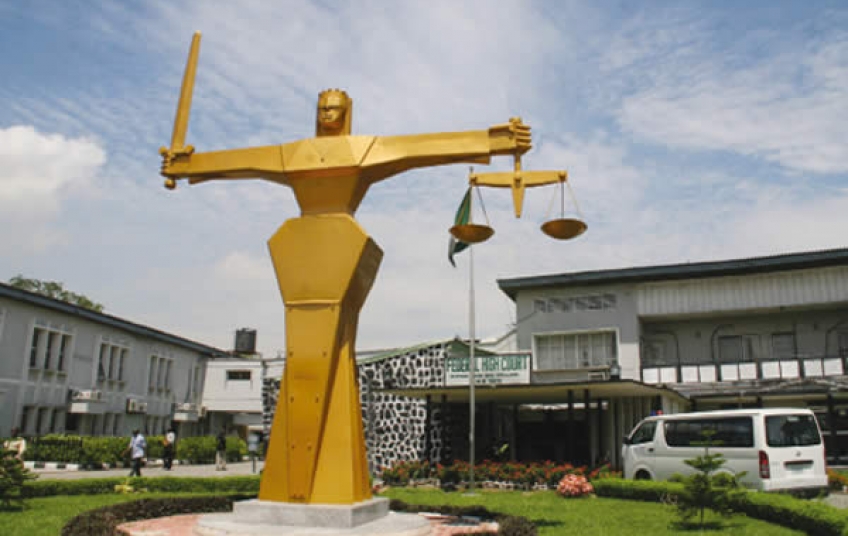Judicial interference in Nigeria’s electoral process
In modern-day democracy, elections for various national political offices come into manifestation through the instrumentality of the law. Both the electoral institution and its processes are governed by a legal framework. Every democratic state across the world elects its political leaders through a direct or indirect electoral system which is supervised by an electoral body […]

In modern-day democracy, elections for various national political offices come into manifestation through the instrumentality of the law. Both the electoral institution and its processes are governed by a legal framework. Every democratic state across the world elects its political leaders through a direct or indirect electoral system which is supervised by an electoral body guided by relevant rules and regulations.
By judiciary as one of the fundamental tripods which upholds the democratic system, no democratic nation can oust the jurisdiction of the court from intervening in the institutional machinery and procedural mechanism which usher in her political leaders and administrators. Any attempt to either exempt the decisions of the electoral umpire from judicial review or place the electoral procedure above judicial scrutiny would defeat the fundamental principle of democracy.
- Real Madrid beat Al-Hilal to win first Club World Cup in five years
- PDP’ll win coming presidential election, Atiku boasts
As Nigeria prepares for general elections, all stakeholders in the elections must exercise their electoral obligations as prescribed by the Electoral Act, 2022. Failure to adequately comply with the Act, the judiciary would rise to the occasion without minding whose ox is gored if electoral redress is sought. There are litanies of pre-election matters and electoral petitions resolved in favour of the opposition party against the insinuation which portrays the judiciary as an extension of the ruling government.
Ranging from the 2010 landmark judgements of the Court of Appeal which restored the governorship mandate of Engr. Rauf Aregbesola and Dr Kayode Fayemi, in 2019, the Supreme Court sacked David Lyon of the ruling party and paved the way for Douye Diri from an opposition party to emerge as governor. In the same 2019 elections, the Supreme Court disqualified all candidates of the All Progressives Congress (APC) in Zamfara and Rivers States, amongst a plethora of electoral pronouncements resolved in favour of the opposition party.
Binzak Azeez wrote from Newworth LLP (Legal Practitioners), Onikan, Lagos
